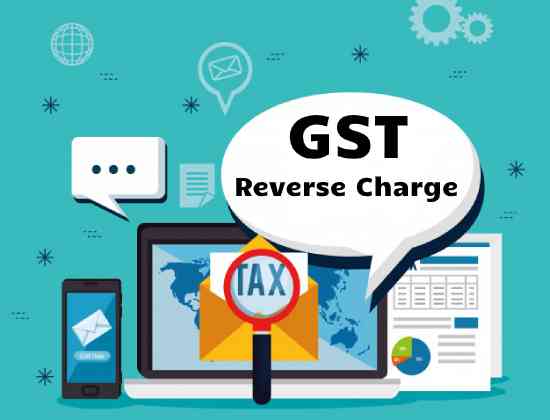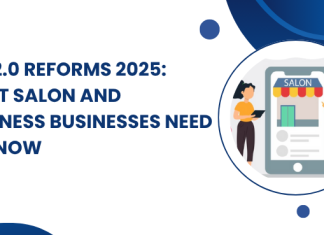Article Content:
What Is The Reverse Charge Mechanism (RCM)?
Reverse Charge is a mechanism where the charge liability gets reversed and the recipient of the goods and/or services becomes liable to pay GST to the government instead of the supplier. In a typical scenario, the supplier of the goods or services will collect GST from the buyer and pay to the government, however, under the RCM, the buyer will have to pay GST directly to the government.
When Is Reverse Charge Applicable?
The reverse charge applies under certain conditions as outlined below:
- When a registered dealer received supply from an unregistered dealer
A GST registered buyer who purchased goods/ services from an unregistered supplier and he is responsible to pay GST on behalf of the seller. Under this condition, the Govt. may specify the class of registered persons who are required to pay tax on reverse charge in respect of the supply of specified categories of goods or service received from unregistered dealers. When a registered buyer who purchases goods/ services from an unregistered supplier and if the buyer is responsible for paying taxes, the buyer is required to generate self-invoice to pay GST. The RCM process requires the buyer to pay CGST and SGST for their inter-state purchases and IGST on inter-state purchases.
- Services provided by an e-commerce OperatorUnder this condition, the Govt. specified the services where e-commerce operators are required to pay GST instead of the actual supplier of services like services of Ola cabs, Oyo Rooms and Urban Clap. These are some of the service providers where e-commerce operators are required to pay GST instead of the actual supplier.
- Supply of Goods and Services Specified by CBEC (Central Board of Excise and Custom)
If a registered person is purchasing goods or services which are specified by the CBEC under reverse charge, he /she as a recipient must pay GST. These includes:
-
- Goods transport services
- Insurance agencies
- Recovery agencies
- Legal services
- Transportation services for imported goods etc.
Requirements Under The RCM
These are some of the requirements that must be met in the reverse charge mechanism:
- A dealer who receives goods or services is required to be registered under the GST portal.
- Every registered businessman who deals with goods/ services covered under RCM must necessarily keep a proper record of all supplies related to reverse charge.
- In the case of RCM, the supplier must clearly state on the invoice that the transaction is done under reverse charge, similarly, it should also be mentioned on the refund and receipt voucher.
Time of Supply For Goods/ Services In RCM
In the reverse charge scenario, the time of supply of goods/ services will be the earliest of the following dates:
Time of Supply Under Goods
- The date when goods were received
- The date when payment was made
- The date immediately after 30 days from the date on which the supplier has issued the invoice
If it is still difficult to determine the actual time of supply, then the time of supply will be considered as the date that the recipient has mentioned in his books of accounts.
Time of Supply Under Services
- The date when payment was made
- The date immediately after 60 days from the date on which the supplier has issued the invoice
If it is still difficult to determine the actual time of supply, then the time of supply will be considered as the date that the recipient has mentioned in his books of accounts.
Self Invoicing Under Reverse Charge
Invoicing is a common process at the time of sale and purchase, but self-invoicing is not very common among buyers. But in reverse charge, the buyer must generate self-invoice. In RCM, a registered buyer purchased goods/ services from an unregistered supplier without any tax receipts. This is because the supplier is unregistered, due to this he cannot issue GST-compatible invoices, which makes the buyer liable to pay tax on behalf of the supplier. To pay the tax, the buyer has to generate a GST challan. Due to this, self-invoicing becomes necessary.
Some online GST filing websites allow you to create self-challan. When creating a self-invoice you need to fill some important fields like:
- Enter the name and other important things related to the supplier.
- Enter the order details, invoice number and invoice date.
- Enter all product/ services information you have purchased along with the related amount including tax.
When a taxpayer is responsible to pay taxes under RCM the payment of taxes needs to be done only through an electronic cash register you cannot use ITC to pay your output tax.
An unregistered supplier who supplies goods/ services to a registered buyer cannot claim ITC as the recipient is liable to pay taxes to the government under reverse charge.









































